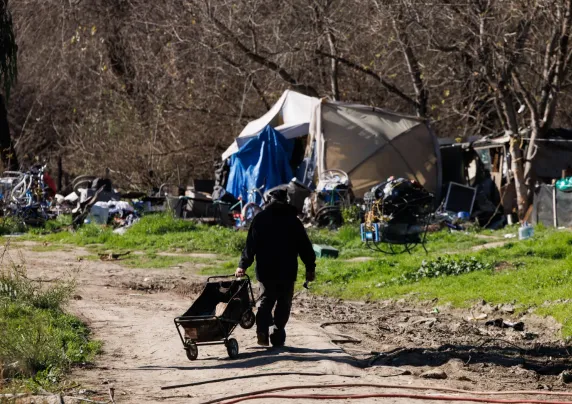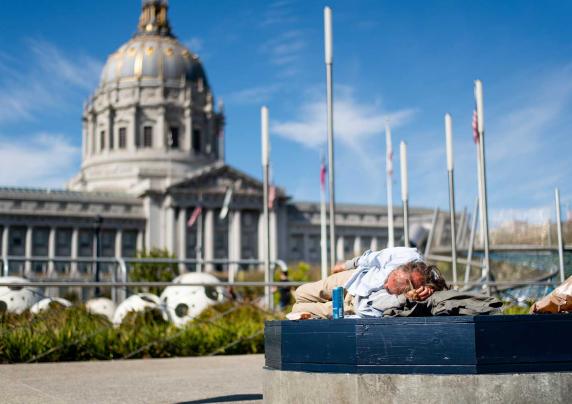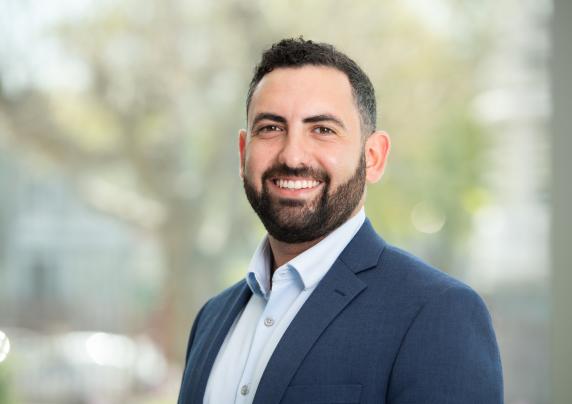Behavioral Health: All Related Resources
Image

News
Study Finds Just 37% of California Homeless People Are Regular Drug Users
Mercury News
March 10, 2025
Image

News
Study Finds Just 37% of California Homeless People Are Regular Drug Users
Mercury News
March 10, 2025
A new UCSF BHHI study challenges common perceptions about homelessness and drug use in California, revealing that only 37% of surveyed unhoused Californians use drugs regularly, while 25% have never used them at all. Methamphetamine, not opioids, is the most commonly used drug, often as a means to stay alert while living on the streets. The study also highlights the complex relationship between addiction and homelessness—while drug use can increase the risk of losing housing, “Homelessness itself increases drug use because people use it as a coping strategy,” said Margot Kushel, MD. With homelessness on the rise and only 7% of respondents in treatment, experts stress that expanding affordable housing and accessible treatment options is crucial to addressing both crises.
Read the Full Article
Image

News
Study Shows Majority of Homeless People in CA Are Not Illegal Drug Users
KCBS Radio
February 28, 2025
Image

News
Study Shows Majority of Homeless People in CA Are Not Illegal Drug Users
KCBS Radio
February 28, 2025
Research from UCSF Benioff Homelessness and Housing Initiative reveals that most people experiencing homelessness in California are not illegal drug users—contrary to widespread public perception. These findings challenge common stereotypes and underscore the urgent need for better treatment options and housing solutions across the state. KCBS Radio news anchor Eric Thomas spoke with Margot Kushel, MD, Professor of Medicine and Chief of UCSF’s Division for Health Equity and Society, to dive deeper into the issue.
Read the Full Article
Image

News
How Common Is Illegal Drug Use Among People Who Are Homeless?
UCSF News
February 19, 2025
Image

A groundbreaking UCSF BHHI study challenges common perceptions about drug use among people experiencing homelessness. Researchers found that less than half of this population regularly used drugs, with methamphetamine being the most common substance, not opioids. Many respondents wanted treatment but struggled to access it, highlighting barriers to care. The study emphasizes that homelessness and substance use are interconnected and advocates for reducing barriers to treatment and prioritizing housing solutions. "We need to reduce barriers to substance use treatment, and that includes prioritizing people’s ability to return to housing,” said BHHI faculty member Ryan Assaf, PhD, MPH, the study’s lead author.
Read the Full Article
Image

Opinion
Doing Away With Needle Exchange Programs Won't Prevent Drug Use
Medpage Today
February 12, 2024
Image

Opinion
Doing Away With Needle Exchange Programs Won't Prevent Drug Use
Medpage Today
February 12, 2024
In this op-ed, Ryan Assaf, PhD, MPH, a postdoctoral fellow with the Benioff Homelessness and Housing Initiative, highlights the importance of using harm reduction strategies. He outlines the use and impact of needle exchange programs, reducing the transmission of viral infections and acting as a bridge to other services. Dr. Assaf further emphasizes that criminalizing drug use will not make the problem disappear. "These services create a space of trust where individuals who use drugs can seek help, referrals, and navigation to substance use treatment and counseling if and when they are ready for it." Dr. Assaf writes.
This op-ed was published as part of the Public Voices Fellowship in partnership with The OpEd Project and funding from the California Health Care Foundation.
Read the Full Article